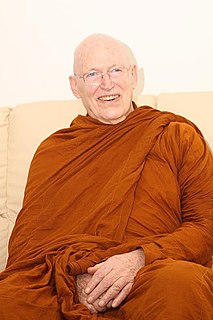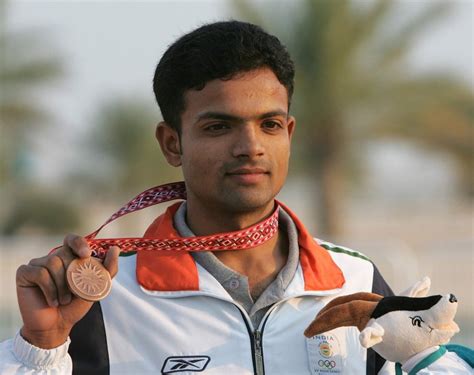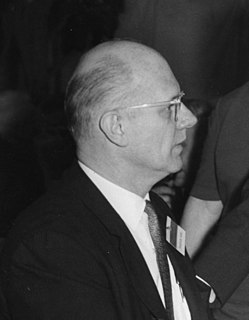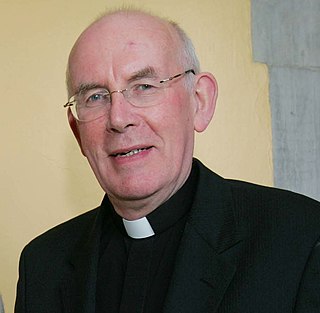A Quote by Buzz Aldrin
To appropriately respond to an emergency requires a very clear mind, to cooly analyze what the observations are and how to fix it.
Related Quotes
The empty mind - the pure mind - is not a blank, zero-land, where you're not feeling or caring about anything. It's an effulgence of the mind. It's a brightness that is truly sensitive and accepting. It's an ability to accept life as it is. When we accept life as it is, we can respond appropriately to the way we're experiencing it, rather than just reacting out of fear and aversion.
I delivered a clear and forceful message that although we recognize Russia's intelligence gathering will sometimes take place even if we don't like it, there's a difference between that than either meddling with elections or going after private organizations or commercial entities, and that we're monitoring it carefully, and we will respond appropriately if and when we see this happening.
My first understanding of HIV and AIDS was like everybody else from my generation. In the mid-'80s, we heard about this, and it was terrifying, because we knew nothing about how to respond to it appropriately, and we didn't really understand about how the virus is passed. There was a lot of misconception about that.
If you think ahead to what to say next - like how to fix it or make the person feel better - BOOM! Off the board. You're into the future. Empathy requires staying with the energy that's here right now. Not using any technique. Just being present. When I have really connected to this energy, it's like I wasn't there. I call this "watching the magic show". In this presence, a very precious energy works through us that can heal anything, and this relieves me from my "fix-it" tendencies.
It is one thing to impose drastic measures and harsh economic penalties when an environmental problem is clear-cut and severe....It is foolish to do so when the problem is largely hypothetical and not substantiated by observations....we do not currently have any convincing evidence or observations of significant climate change from other than natural causes.
In 1975, no State or Church guidelines existed in the Republic of Ireland to assist those responding to an allegation of abuse against a minor. No training was given to priests, teachers, police officers or others who worked regularly with children about how to respond appropriately should such allegations be made.
Of Cooking. This is an art of various forms, the object of which is to give ordinary observations the appearance and character of those of the highest degree of accuracy. One of its numerous processes is to make multitudes of observations, and out of these to select only those which agree, or very nearly agree. If a hundred observations are made, the cook must be very unhappy if he cannot pick out fifteen or twenty which will do for serving up.


































